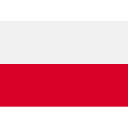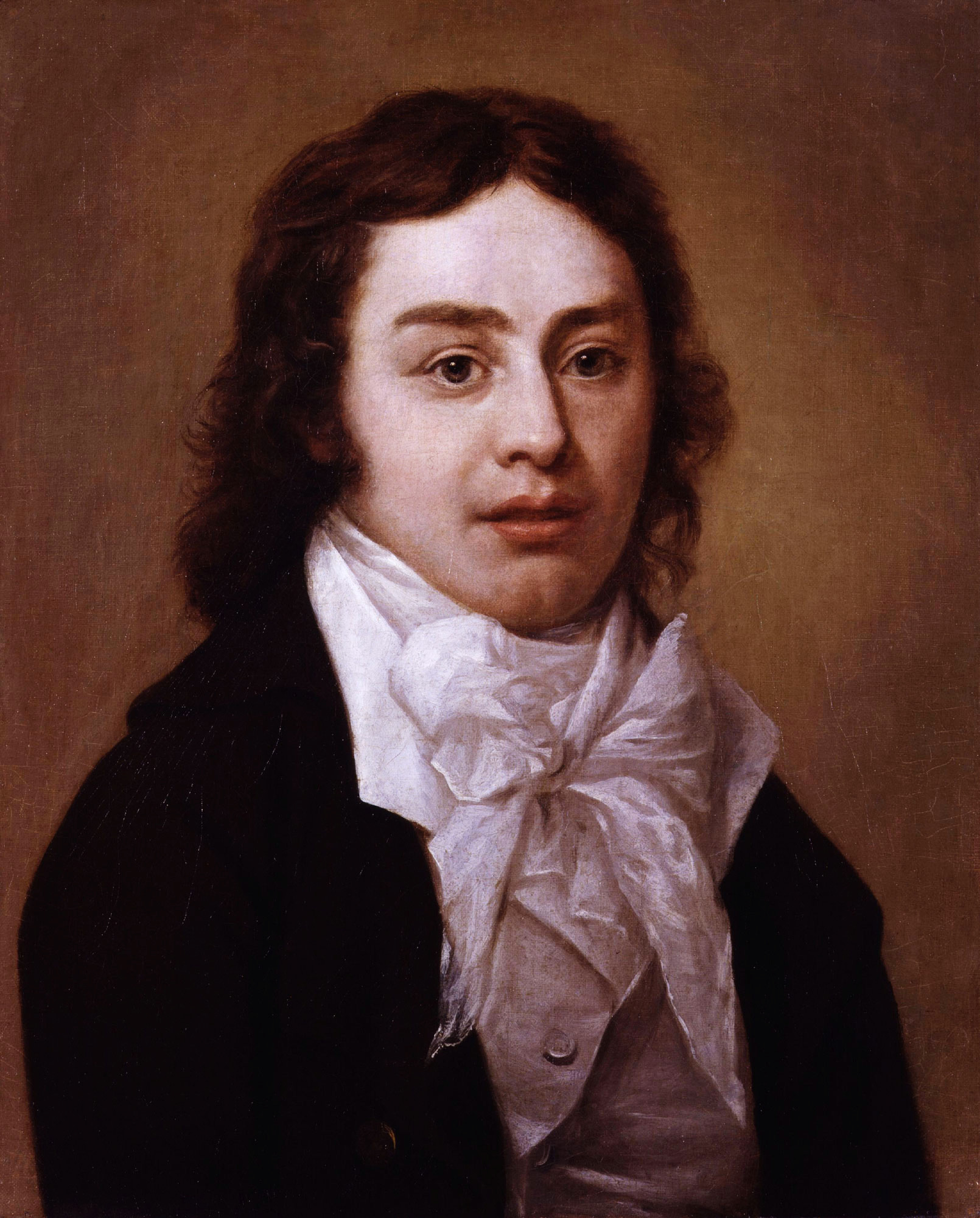“To Kosciusko” is the name shared by three sonnets written by Samuel Taylor Coleridge, Leigh Hunt, and John Keats. Coleridge’s, the original, was written in December 1794 and published in the 16 December 1794 Morning Chronicle as the fifth of his Sonnets on Eminent Characters series. Hunt and Keats were inspired to follow his poem with their own versions (under the same title) in November 1815 and December 1816, respectively. The sonnets were dedicated to heroism of Tadeusz Kościuszko, leader of the 1794 Polish rebellion against Prussian and Russian control.
The 1796 edition of the poem reads:
O what a loud and fearful shriek was there,
As tho’ a thousand souls one death-groan pour’d!
Ah me! they view’d beneath an hireling’s sword
Fall’n KOSCIUSKO! Thro’ the burthen’d air
(As pauses the tir’d Cossac’s barb’rous yell
Of Triumph) on the chill and midnight gale
Rises with frantic burst or sadder swell
The dirge of murder’d Hope! while Freedom pale
Bends in such anguish o’er her destin’d bier,
As if from eldest time some Spirit meek
Had gather’d in a mystic urn each tear
That ever furrow’d a sad Patriot’s cheek;
And she had drain’d the sorrows of the bowl
Ev’n till she reel’d, intoxicate of soul!
Coleridge’s uncertainty of Kosciusko’s state after the defeat of the Polish rebellion is shown in the original 3rd and 4th line:
Great KOSCIUSKO, ‘neath an Hireling’s sword,
His Country view’d.—Hark! thro’ the list’ning air,— lines 3–4
For the 1828 edition and later printings of the poem, the final lines read:
That ever on a Patriot’s furrowed cheek
Fit channel found; and she had drained the bowl
In the mere wilfulness, and sick despair of soul!— lines 12–14
Hunt, like Coleridge, saw Kosciusko as a hero, and Hunt admired Kosciusko for his character during the Polish rebellion and, as the subtitle suggests, his having “never fought either for Buonaparte or the allies”.Hunt’s version reads:
‘Tis like thy patient valour thus to keep,
Great Kosciusko, to the rural shade,
While Freedom’s ill-found amulet still is made
Pretence for old aggression, and a heap
Of selfish mockeries. There, as in the sweep
Of stormier fields, thou earnest with thy blade,
Transform’d, not inly alter’d, to the spade,
Thy never yielding right to a calm sleep.
There came a wanderer, borne from land to land
Upon a couch, pale, many-wounded, mild,
His brow with patient pain dulcetly sour.
Men stoop’d with awful sweetness on his hand,
And kiss’d it; and collected Virtue smiled,
To think how sovereign her enduring hour.
Following Coleridge’s poem, Keats wrote his own sonnet called “To Kosciusko”. Keats’s version reads:
Good Kosciusko, thy great name alone
Is a full harvest whence to reap high feeling:
It comes upon us like the glorious pealing
Of the wide spheres-an everlasting tone.
And now it tells me, that in the worlds unknown,
The names of heroes, burst from clouds concealing,
And changed to harmonies, for ever stealing
Through cloudless blue, and round each silver throne.
It tells me too, that on a happy day,
When some good spirit walks upon the earth,
Thy name with Alfred’s, and the great of yore
Gently commingling, gives tremendous birth
To a loud hymn, that sounds far, far away
To where the great God lives for evermore.
Wikipedia



